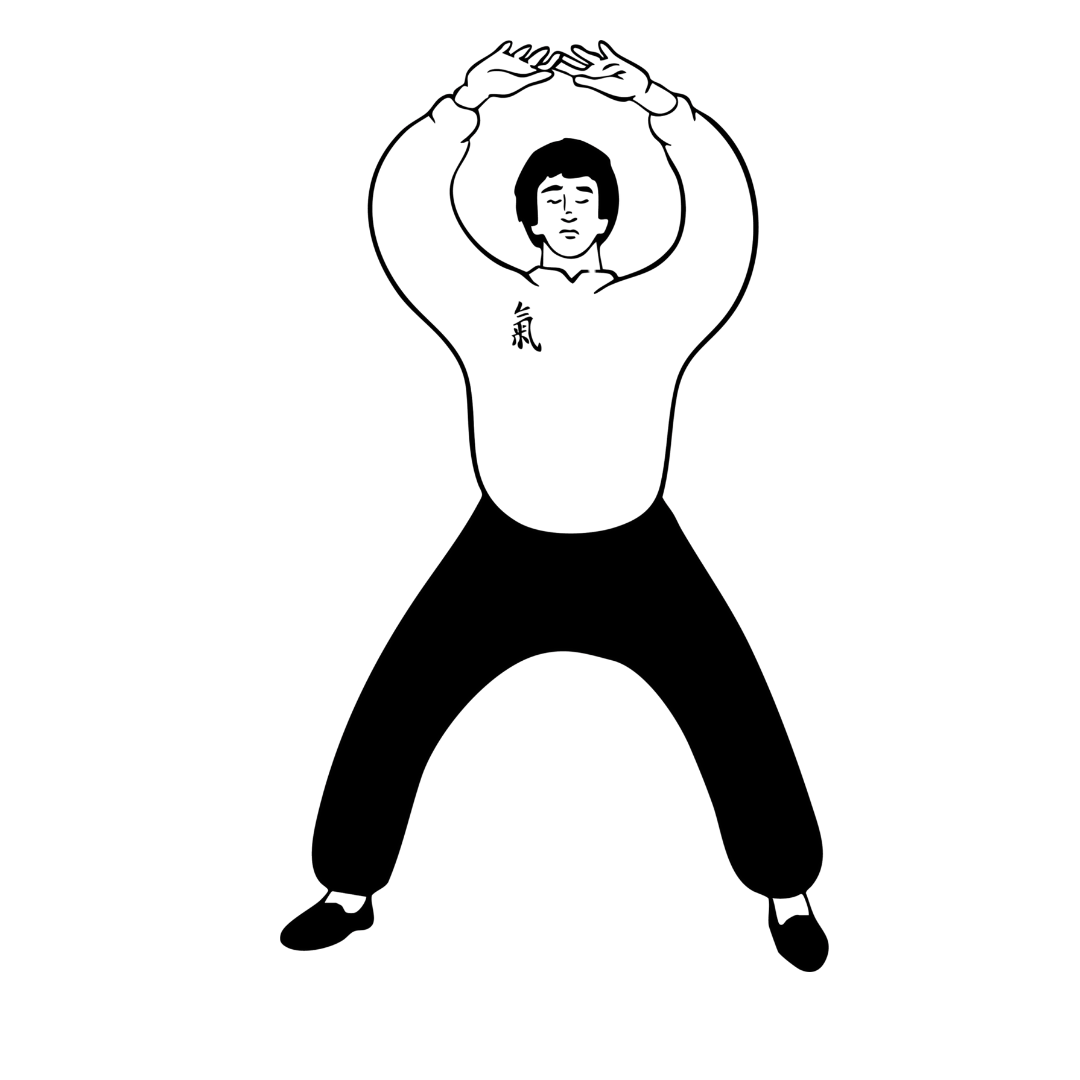
Inner Warrior Qigong School | Salt Lake City, Utah
Questions & Answers

Is Qigong religious?
No, Qigong is inclusive- everyone is welcome regardless of creed, gender, ability, race, or orientation.
What fitness level do I need to be?
Qigong is for everybody, and we will help modulate and customize forms to meet you where you are. We offer several types of classes that vary in intensity, so there are offerings for everyone. Qigong tends to improve our fitness level as we practice.
What clothing should I wear?
Our philosophy is wherever, however, whomever; so try to be comfortable and loose, but don’t overthink it- you’ll be fine.
Shoes are not allowed in the classroom.
Where do I begin? Is there different classes for skill levels? If you are new to Qigong, pick a class such as Qigong Level I, Soaring Crane Qigong, or Taichi Level I. Those are great classes to jump in to, and the instructor can advise you from there.
Can I practice at home? Yes, as an Online Student you can login to watch our weekly Live Stream classes, access every class in our Video Library, and study through our Student Portal.
Is Qigong safe or have side effects? Generally, Qigong is considered very safe due to its slow and controlled nature, with few documented side effects. As with any physical activity, there is a slight risk of mild pain or soreness, injury from improper movements, or headaches, similar to other forms of exercise.
What is the cost? IN PERSON STUDENTS $12 - drop in class - $120 - full course (11 classes)
ONLINE STUDENTS $30/month - Access to full library: all recorded classes, special weekly content, weekly livestream
Need financial support? Limited scholarships available!
Email innerwarriorqigong@gmail.com with request
Do you give refunds? Classes and Events: You may always CHANGE/RESCHEDULE your class by using your reminder email - as long as its before the class start time. All classes and events are final sale and we are unable to issue refunds. Online Students: We won't be able to offer refunds, but you are welcome to cancel your membership at any time if you decide it's not for you.
Do I need to ‘feel the qi’? While feeling sensations is often a part of Qigong practice, it’s not a prerequisite. Many practitioners find that feeling the sensations of Qi develops naturally as they progress in their training. As we focus on our movements, breath and intention, sensitivity will arise on its own.
Is Qigong hard? In general, Qigong is not considered hard to learn or practice. It is often a gentle practice that focuses on fluidity, intention and breath. Qigong can be modified to suit various fitness levels and can be gradually progressive in complexity, difficulty and depth.
How much do I need to practice? In a perfect world 10-30 minutes, 1- 2 times a day for health. - Some train up to 2 hours a day for martial arts.
How long are classes? All classes (except for Lunch Time Reset) are 60 minutes.
What specific conditions can it help with? Qigong and Taichi can be helpful for a variety of physical and mental conditions. Some of the most common are: Improved balance/Reduced fall risk, Increased flexibility/Muscle strength, Arthritis, Mood disorders (Stress/Anxiety/Depression), Chronic pain, Fibromyalgia, Respiratory issues (Asthma/COPD), Parkinsons disease, Cardiovascular issues (High blood pressure/Poor circulation), Improve bone density, Improve Sleep, Adjunct to Cancer therapy, Immune System disorders (Multiple Sclerosis/Crohn’s disease) and many others. Training generally improves overall fitness and vitality.
Can kids do Qigong? While many young people train in the external martial arts, internal arts such as Qigong can be an excellent addition for learning control, regulation, deeper philosophy, with its focus on mental, spiritual, and physical health.
How long does it take to learn Qigong/Taichi? Beginners can grasp basic movements and concepts relatively quickly, often within a few weeks. However, achieving a deeper understanding and sensitivity can take months or even years of practice. There are many energetic, internal and health related aspects which are best practiced consistently through our lives so that our practice can evolve and teach us over our lifetime.
What is the difference between Taichi and Qigong? Tai chi and Qigong are both ancient Chinese practices that focus on cultivating and balancing internal energy, but they differ in their approach and complexity. Tai chi is a martial art that involves a series of flowing, interconnected movements performed in a specific sequence. Qigong is a broader term encompassing various exercises, including breathing techniques and gentle movements, that can be practiced individually or in sequences, often with a focus on specific health benefits.
What is Qi? In traditional Chinese medicine and philosophy, Qi refers to the vital life force or energy that flows throughout the body and the universe. It's considered the fundamental substance of all things, and its balance and flow are believed to be essential for health and well-being. Qi is not just a physical energy, but also encompasses mental, emotional, and spiritual aspects.
What is the history of Qigong? How old is it? Qigong is an ancient practice that was recorded over 4000 years ago! Read more in our Student Portal.
